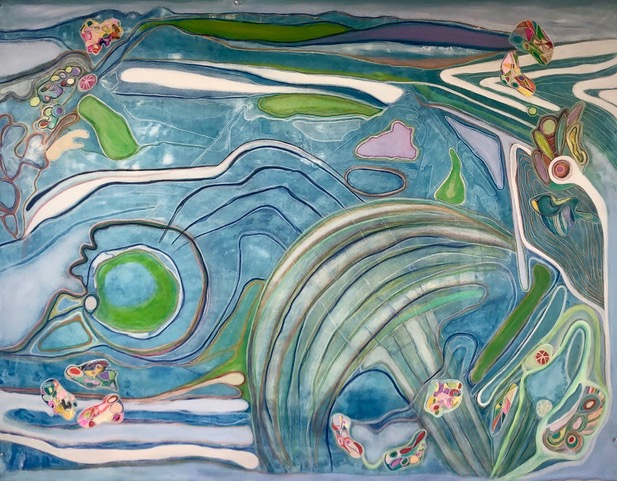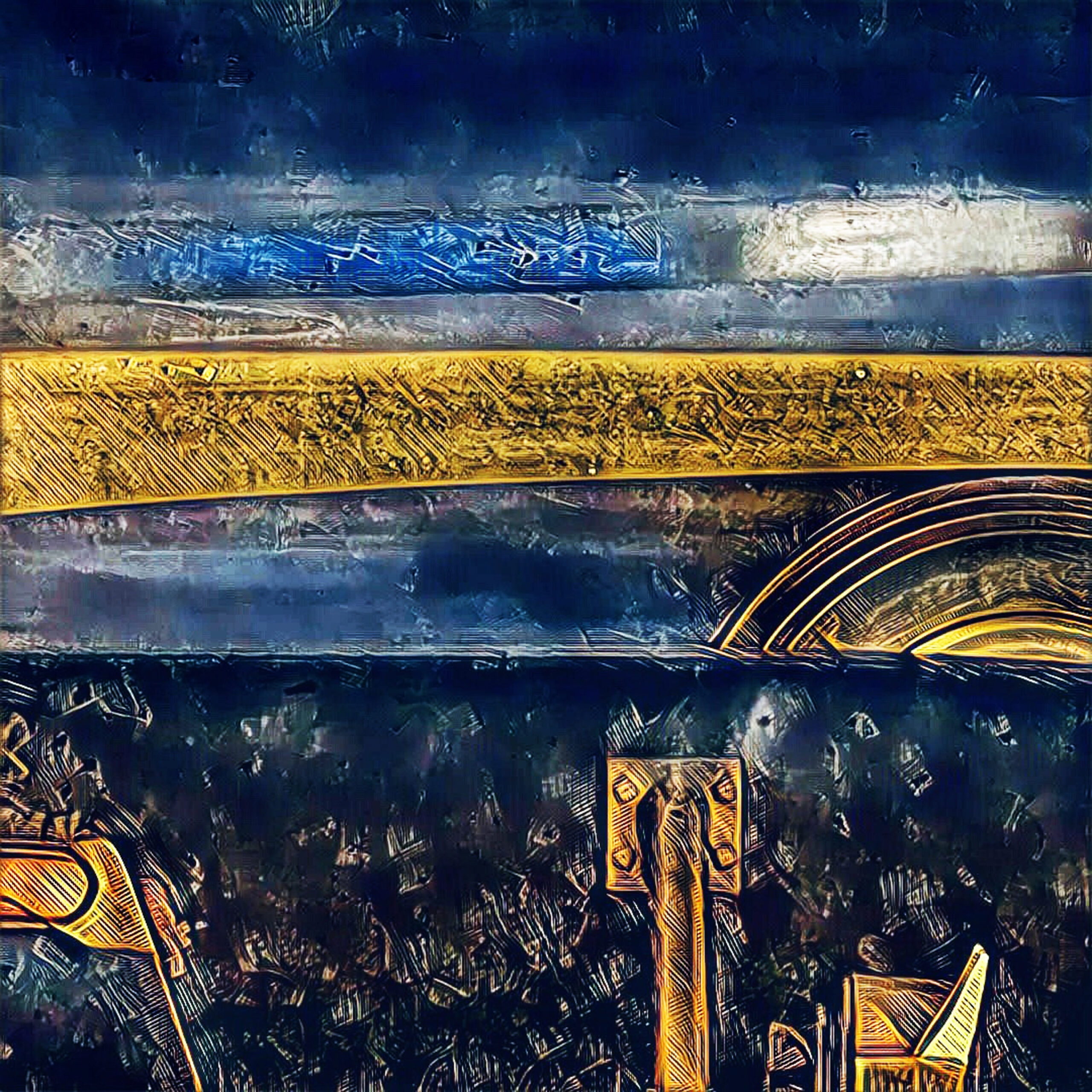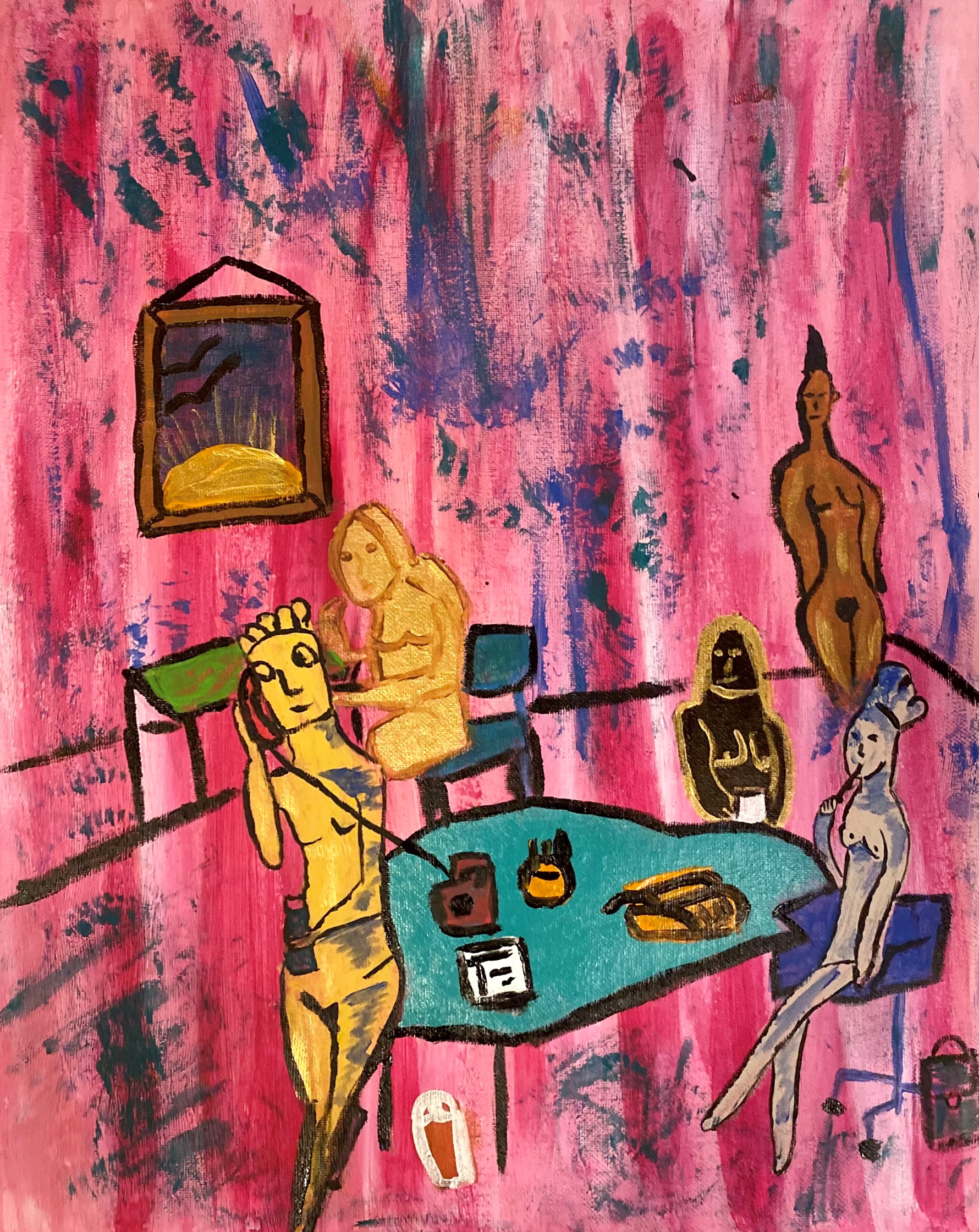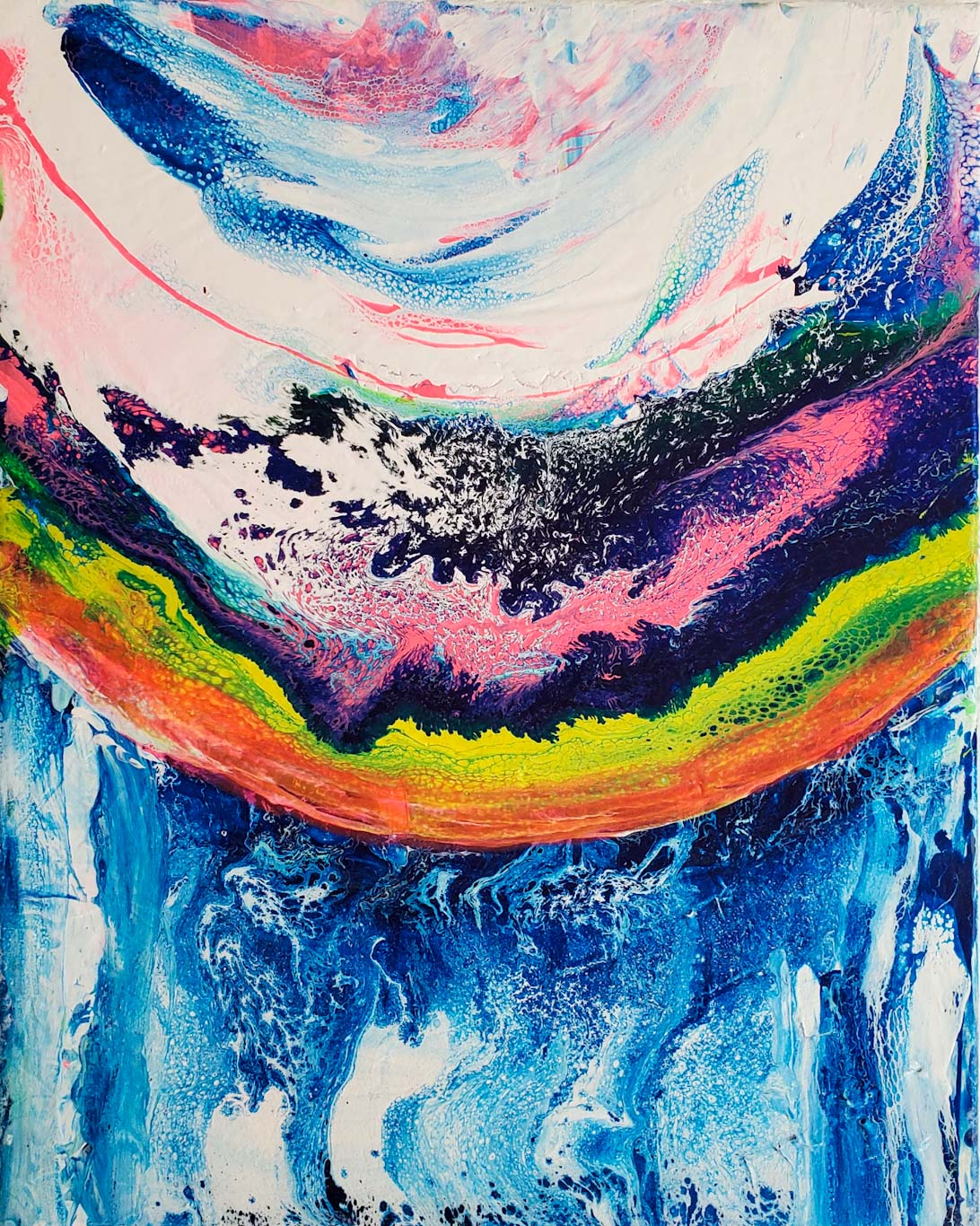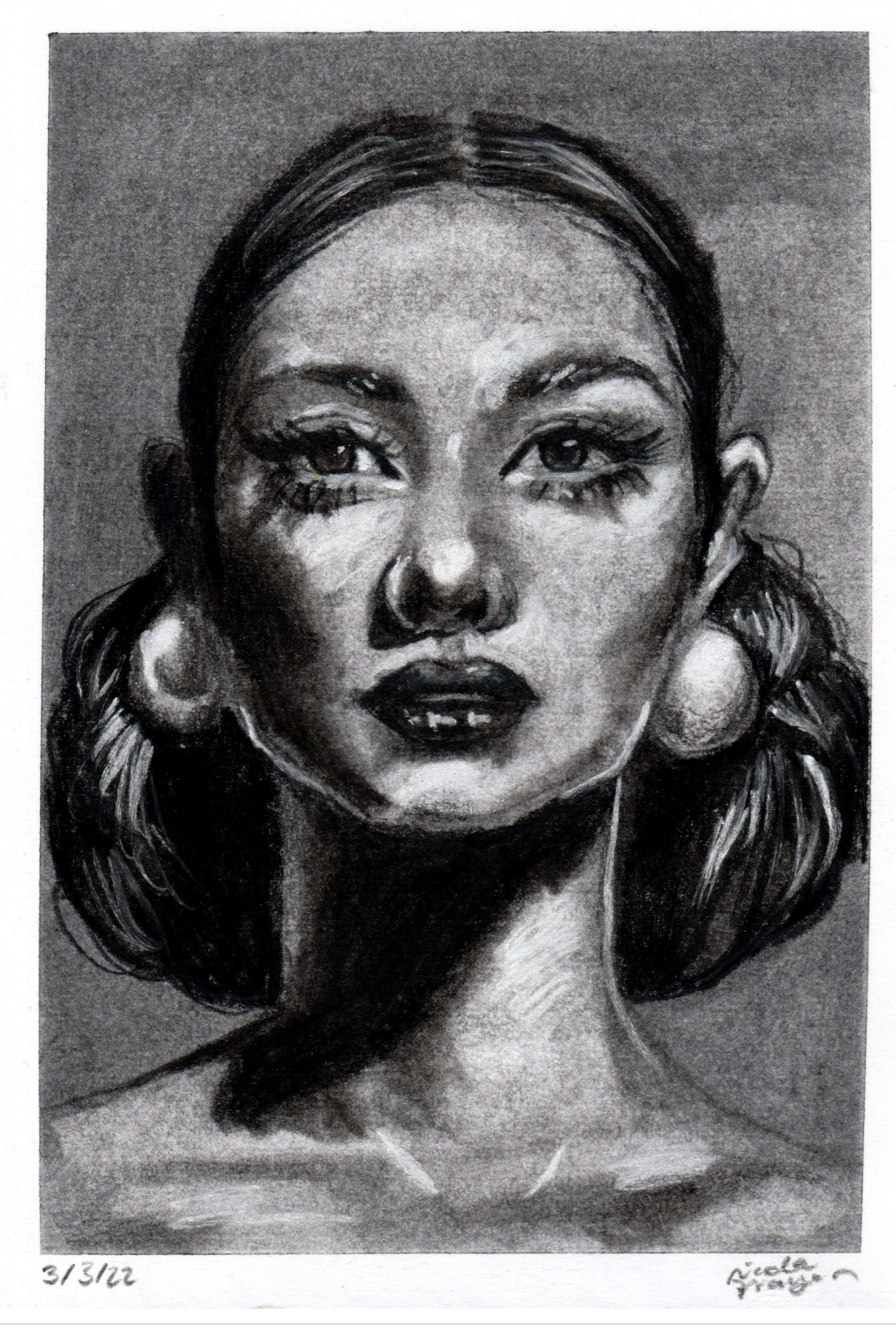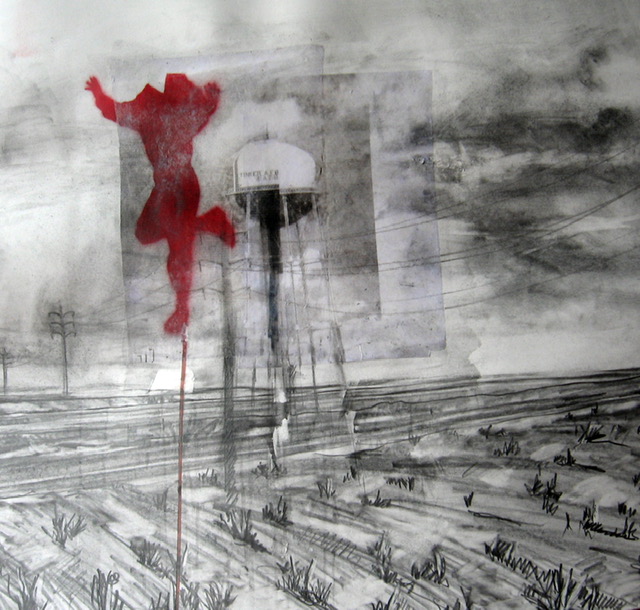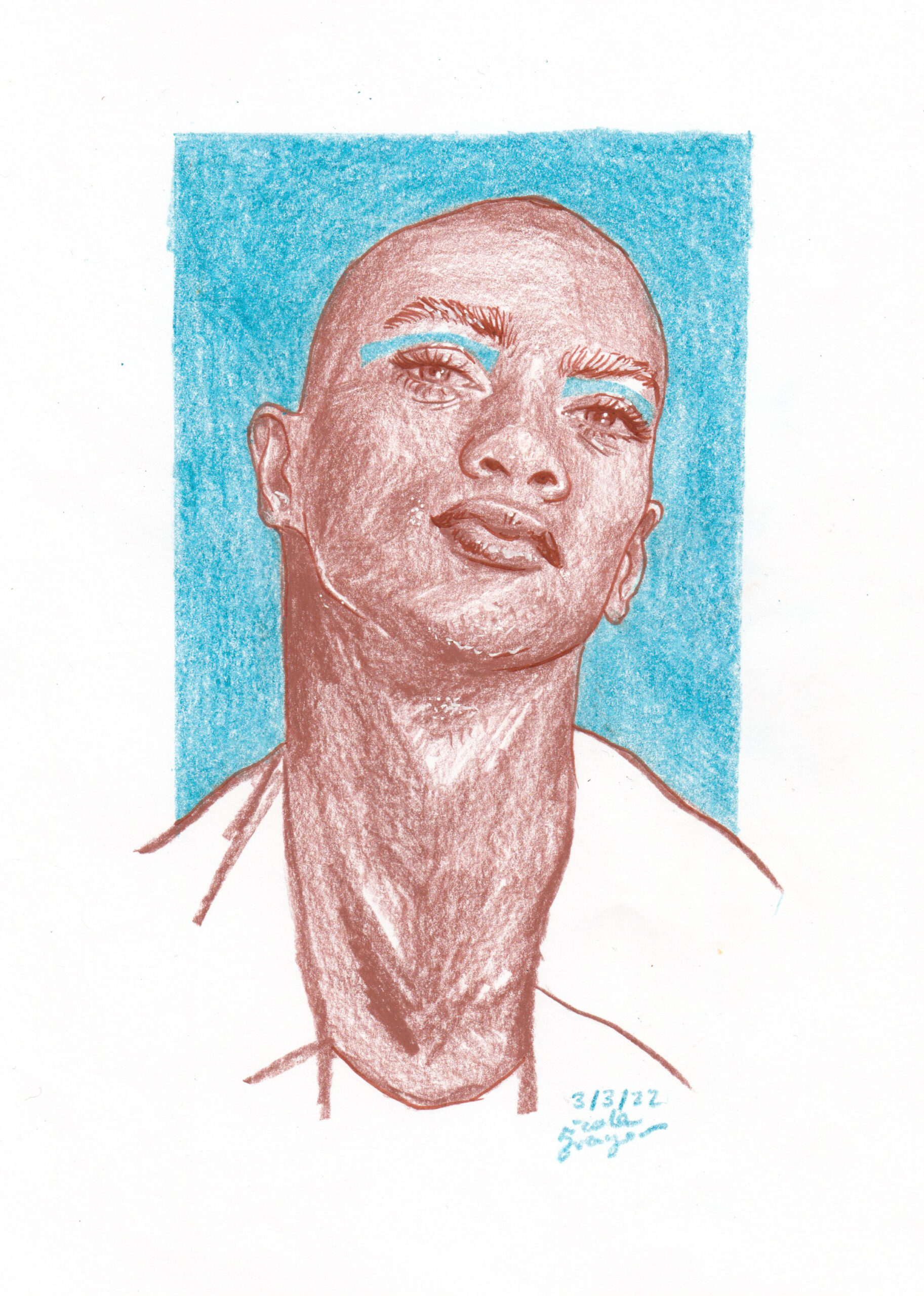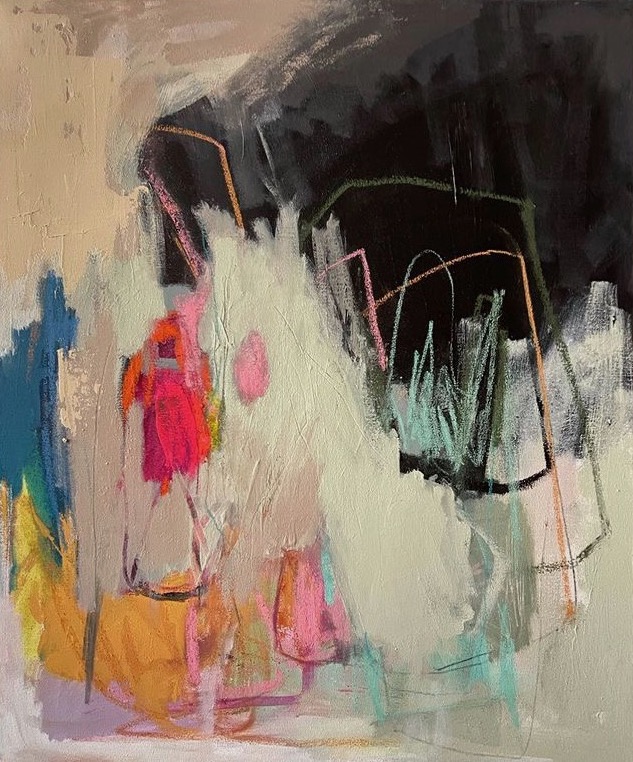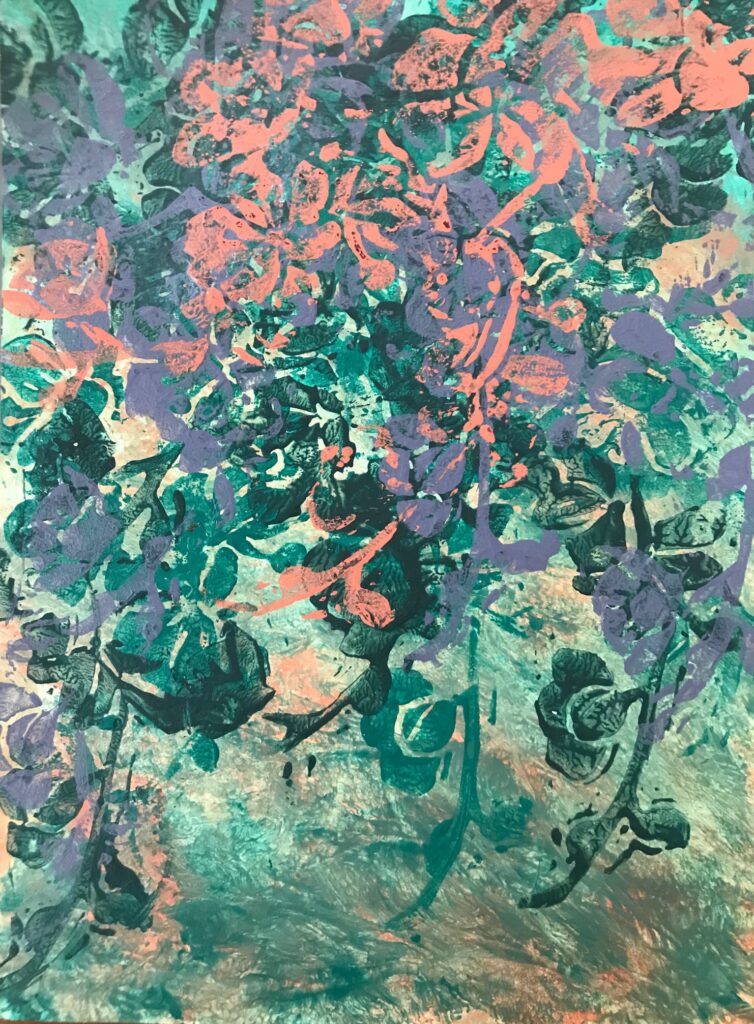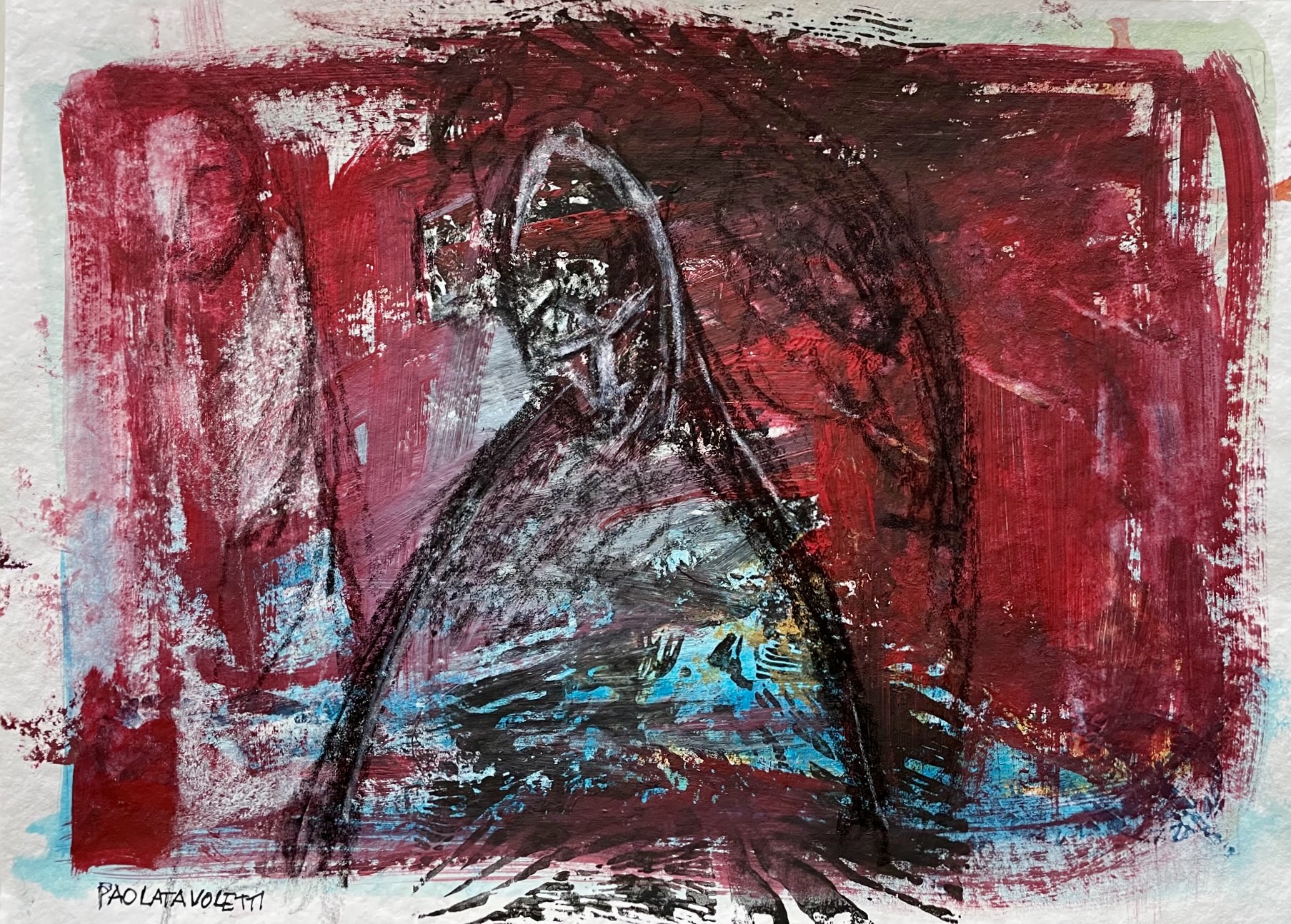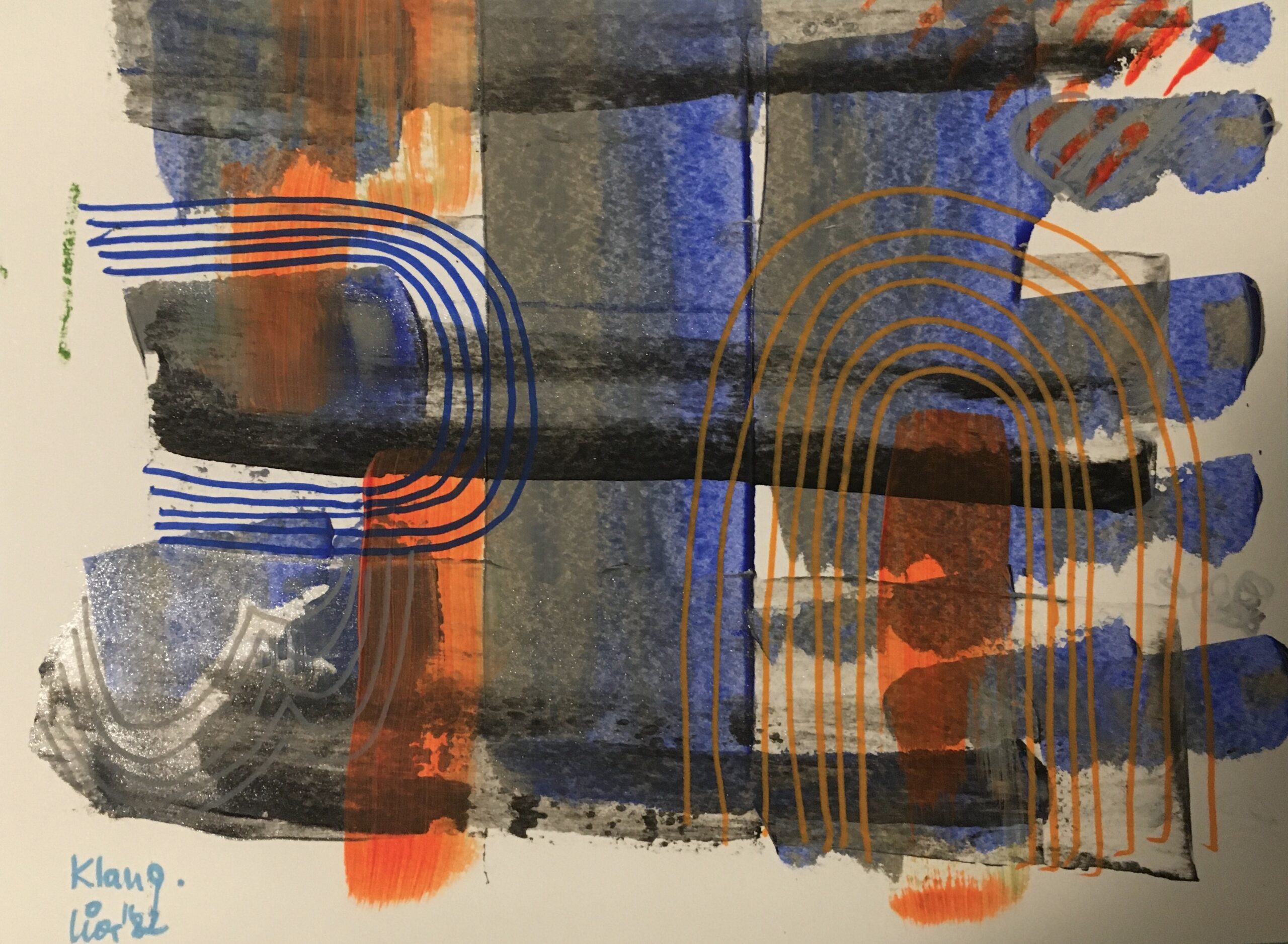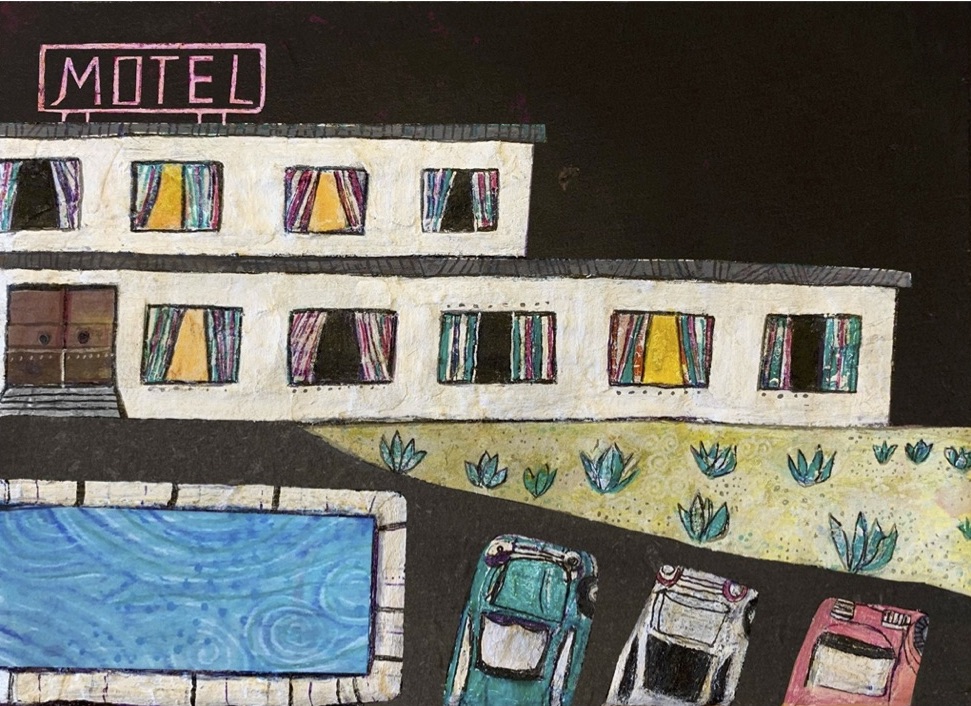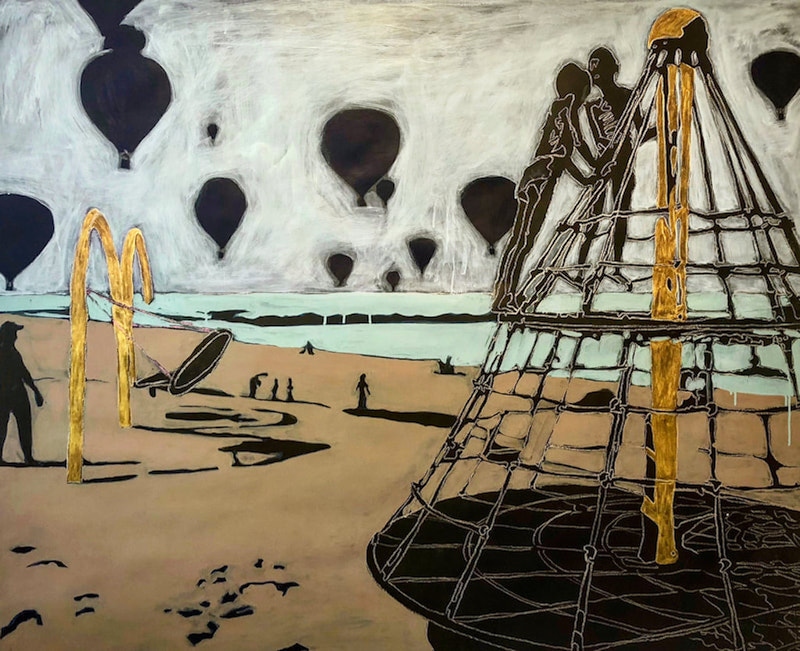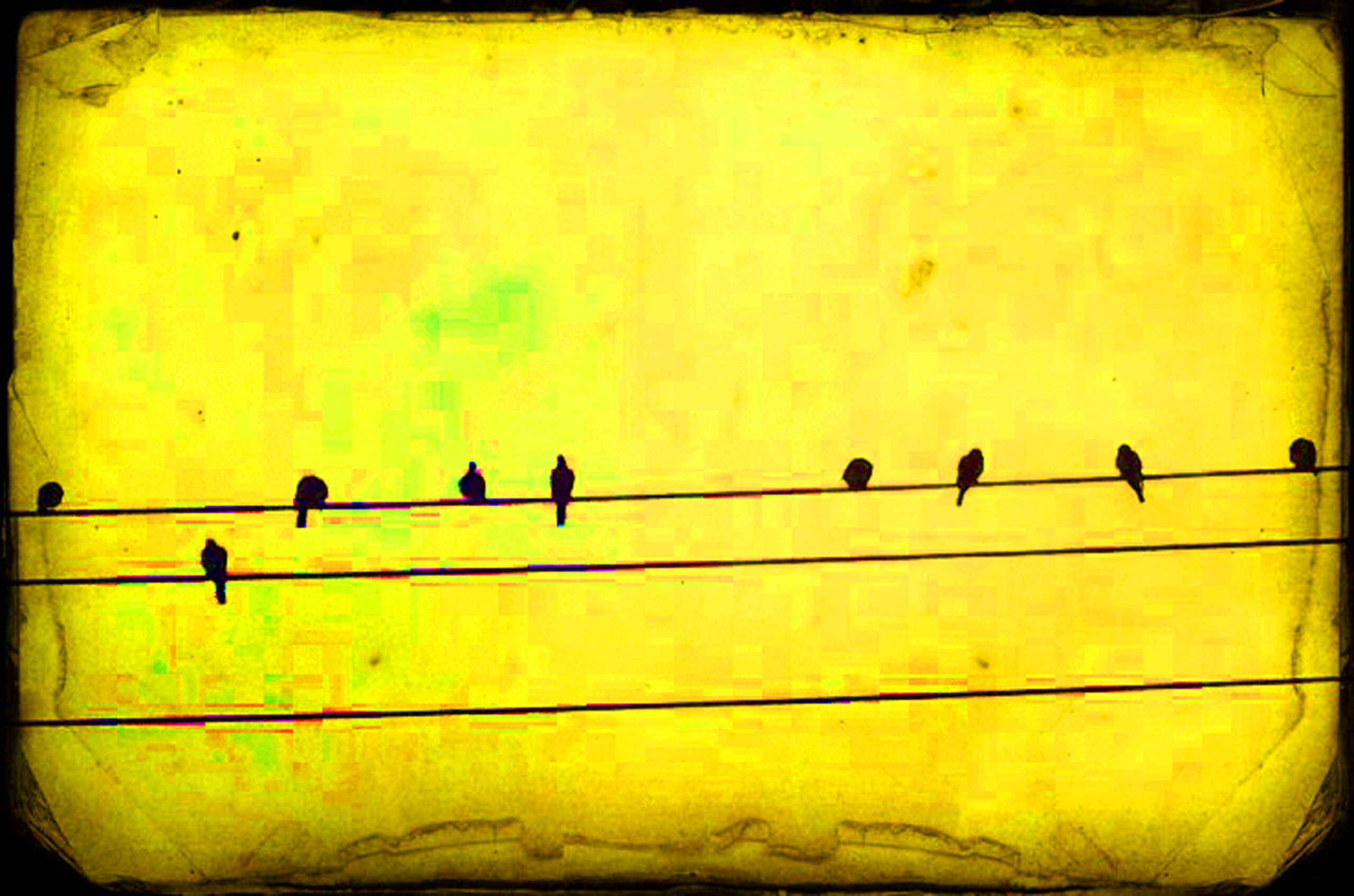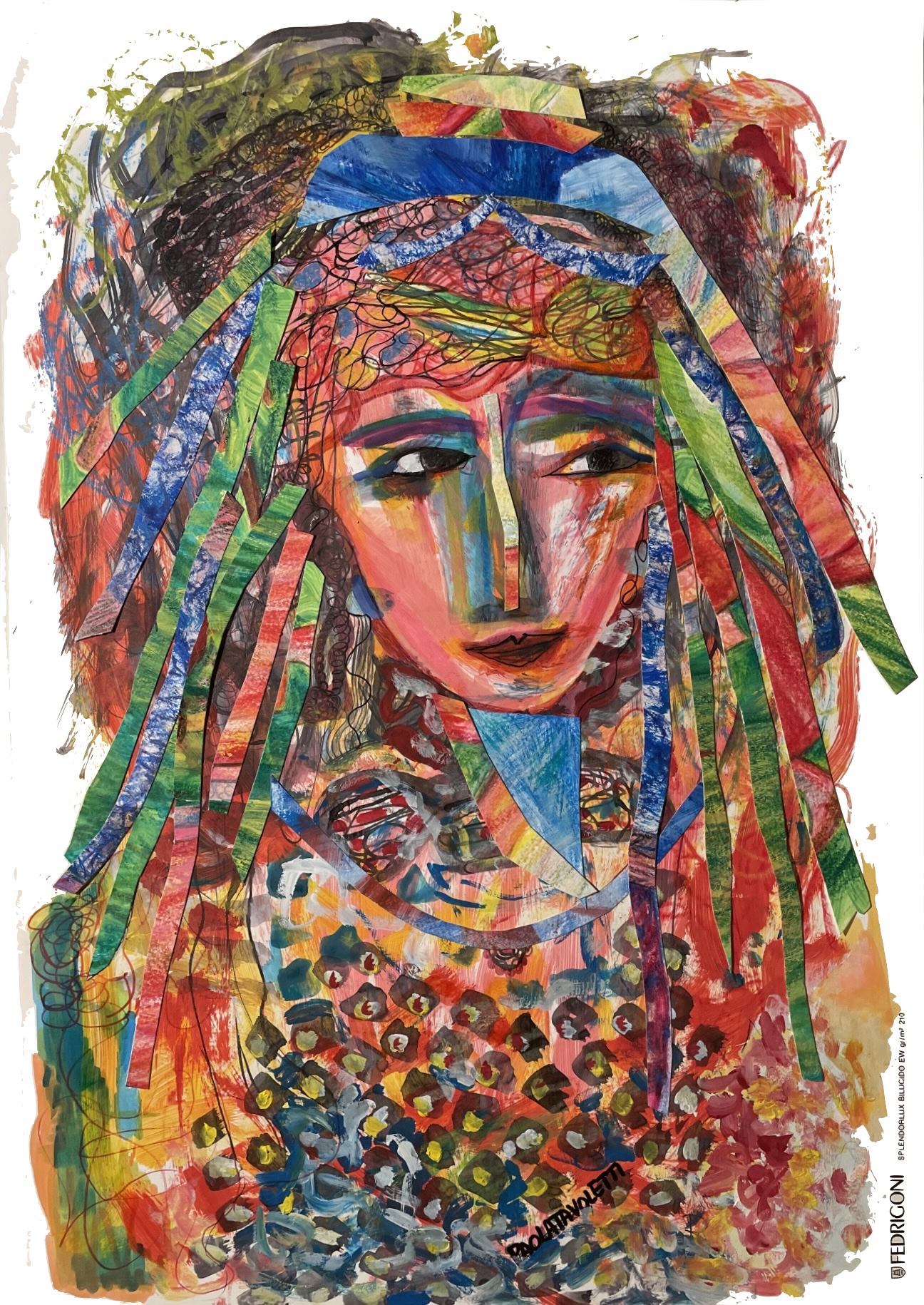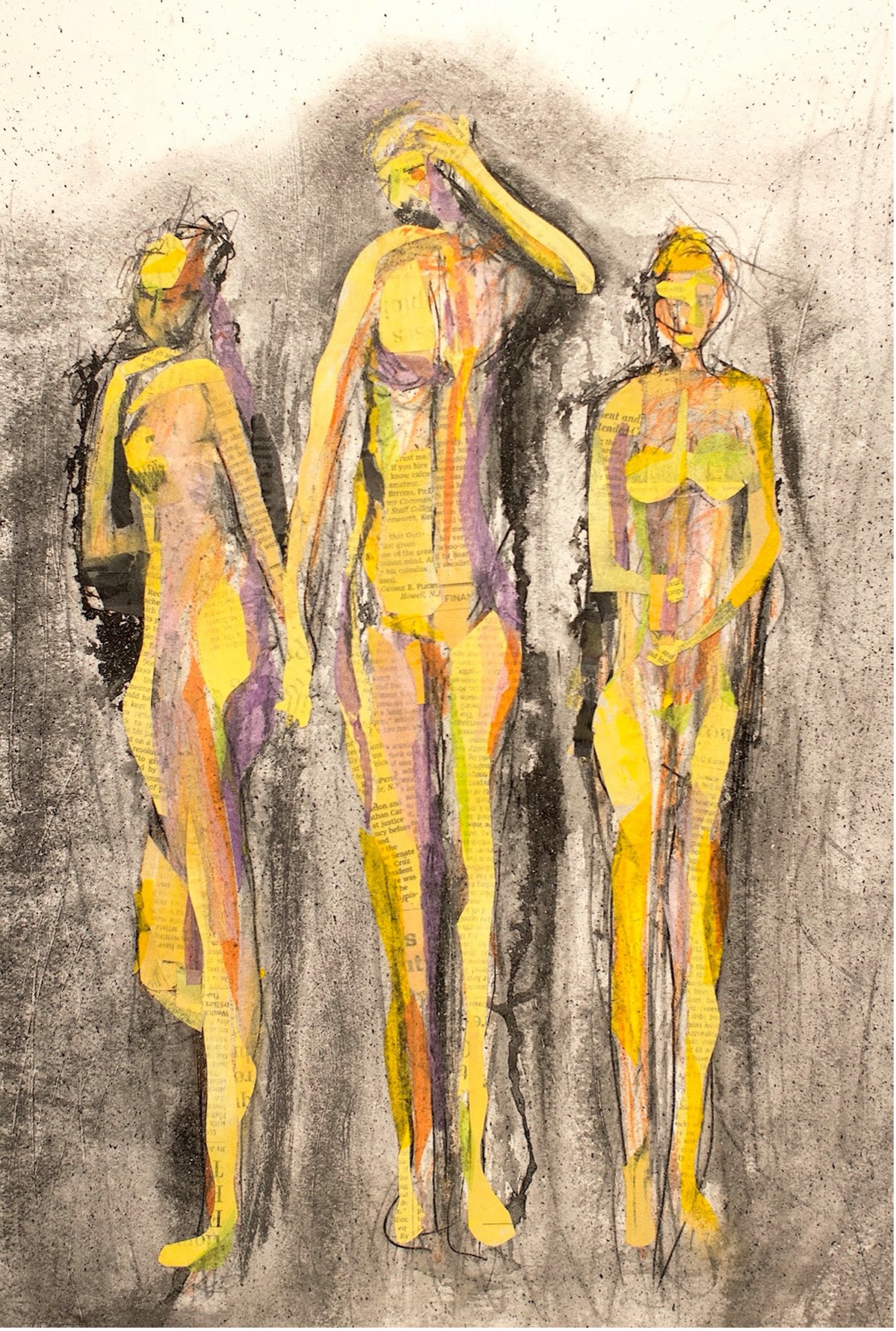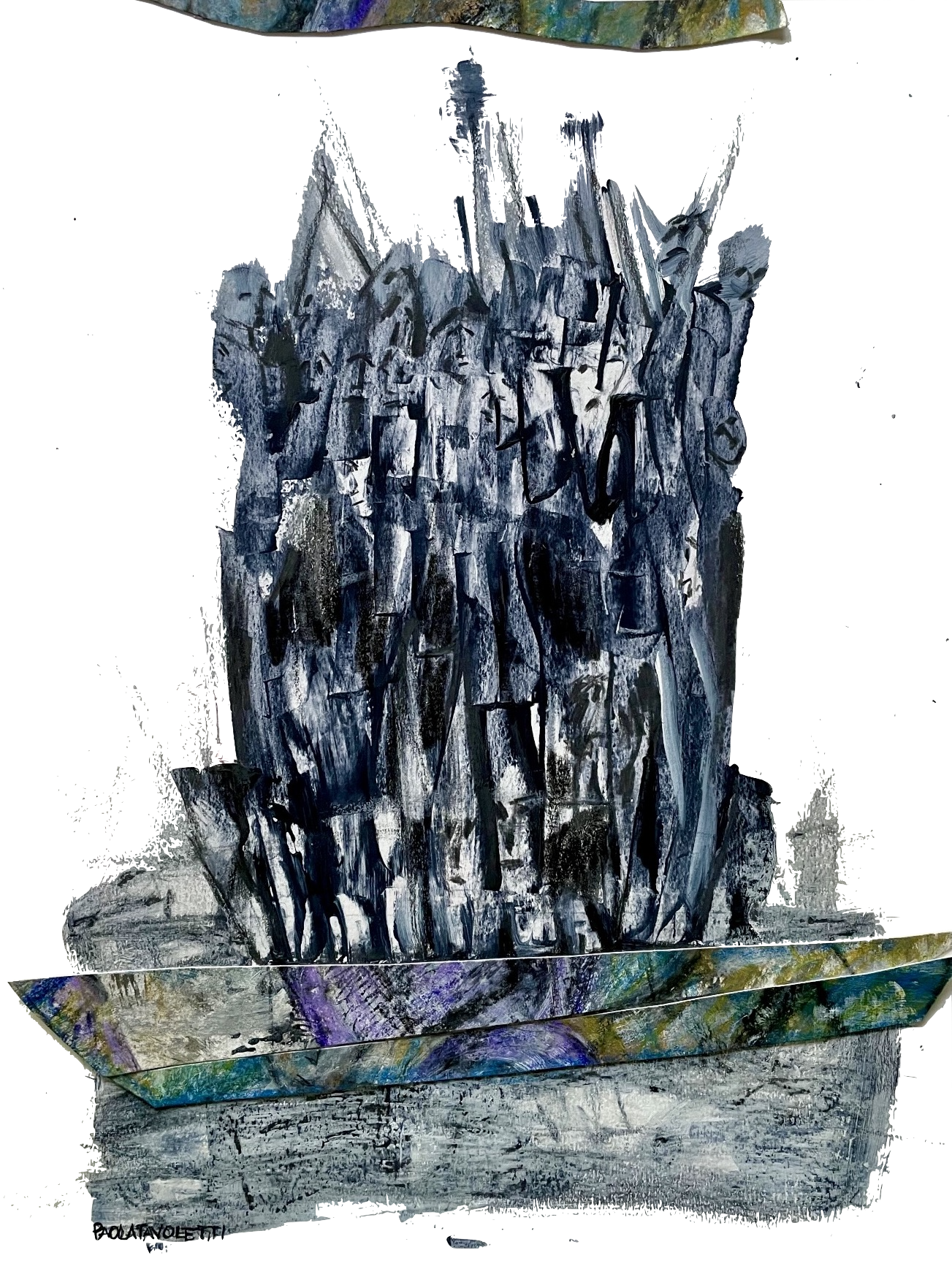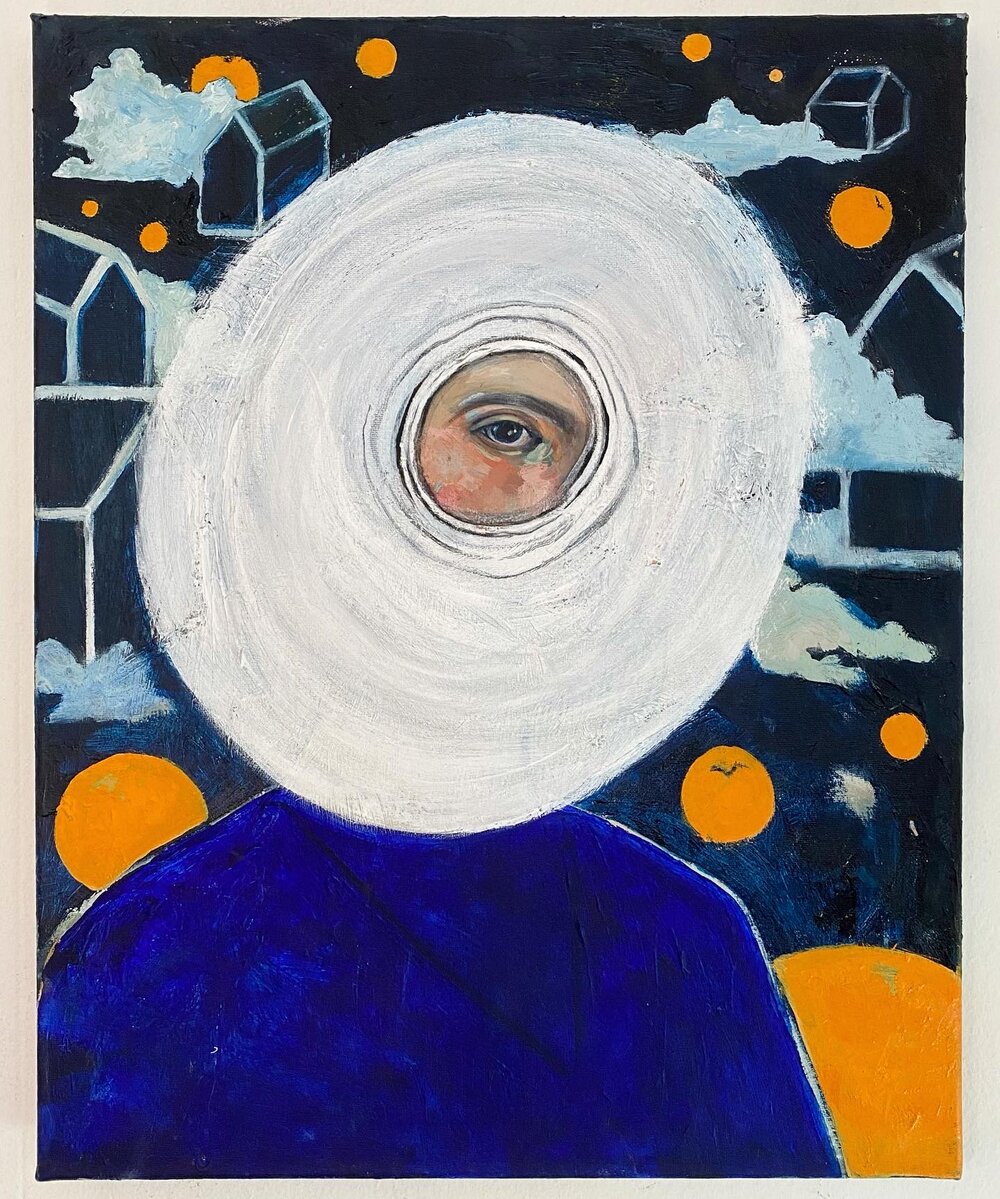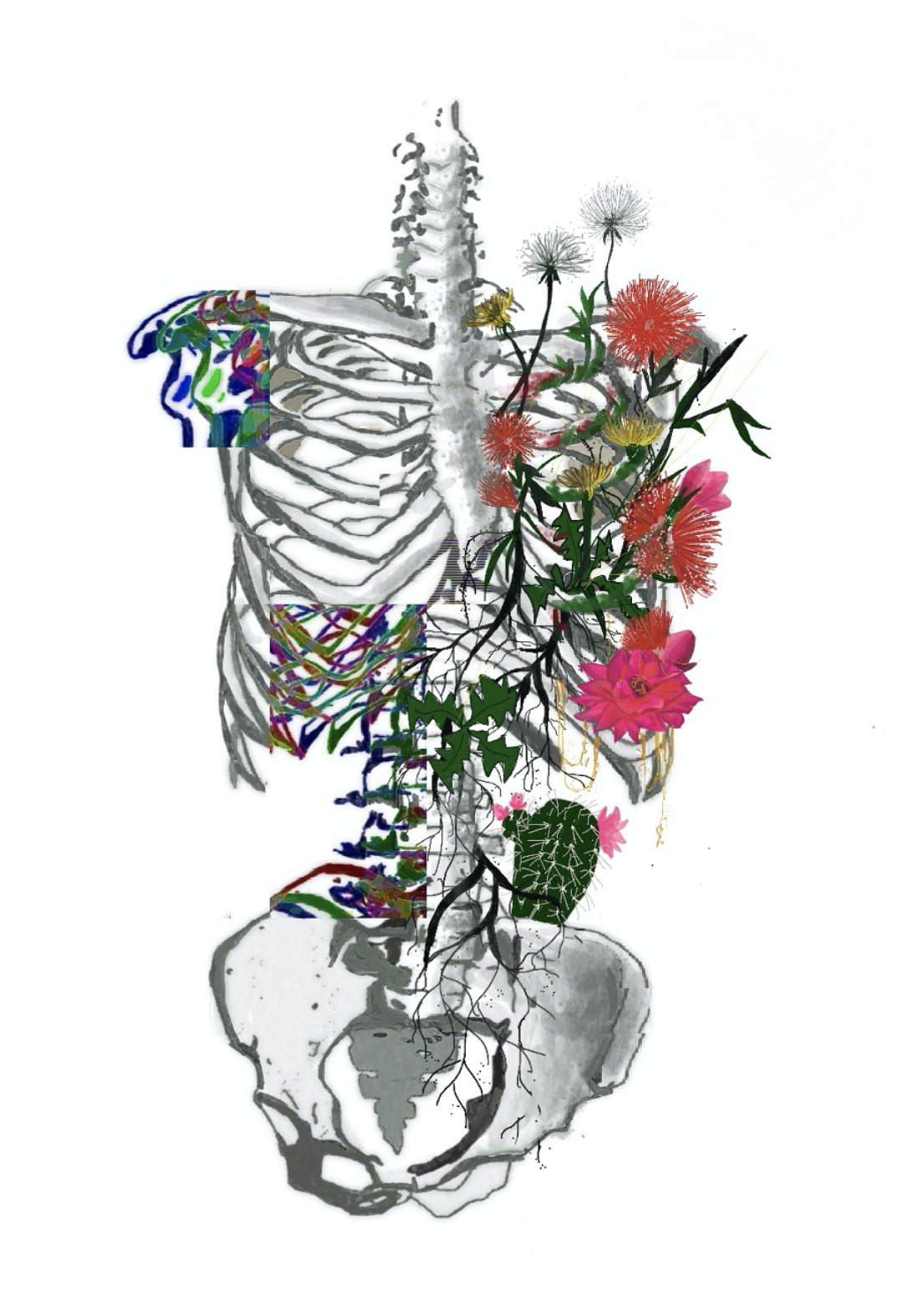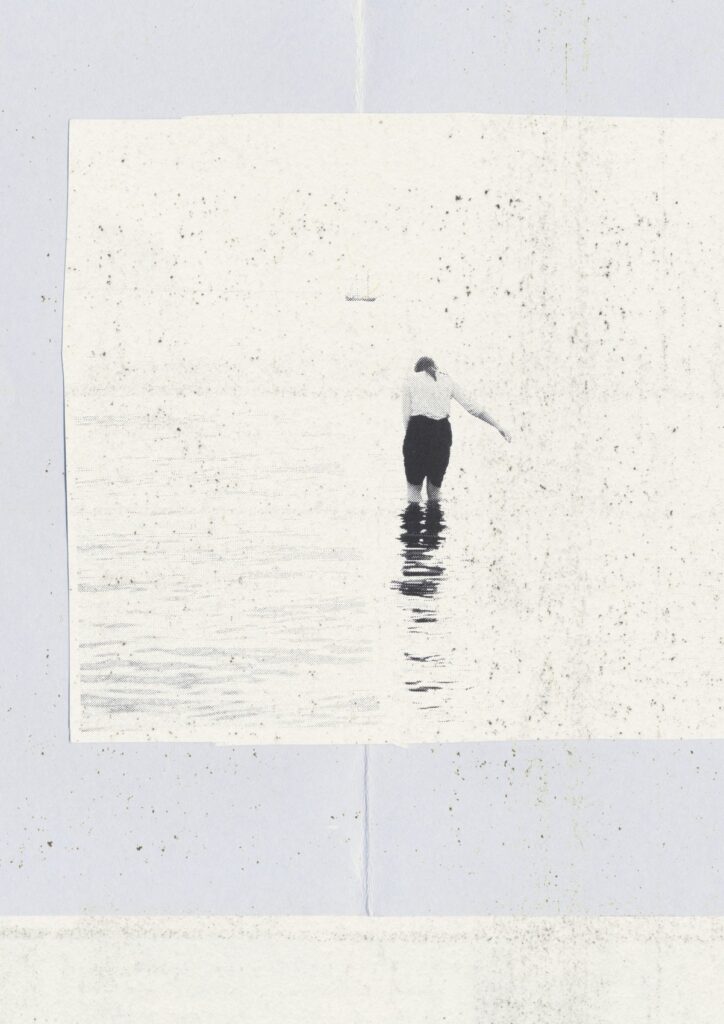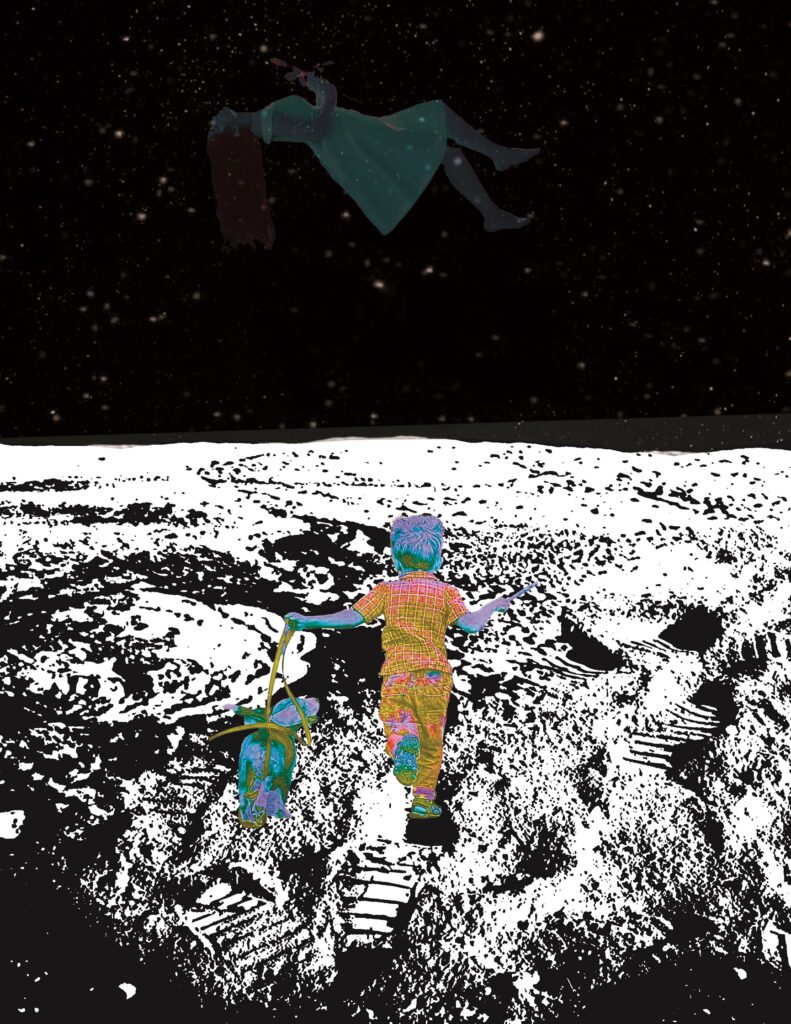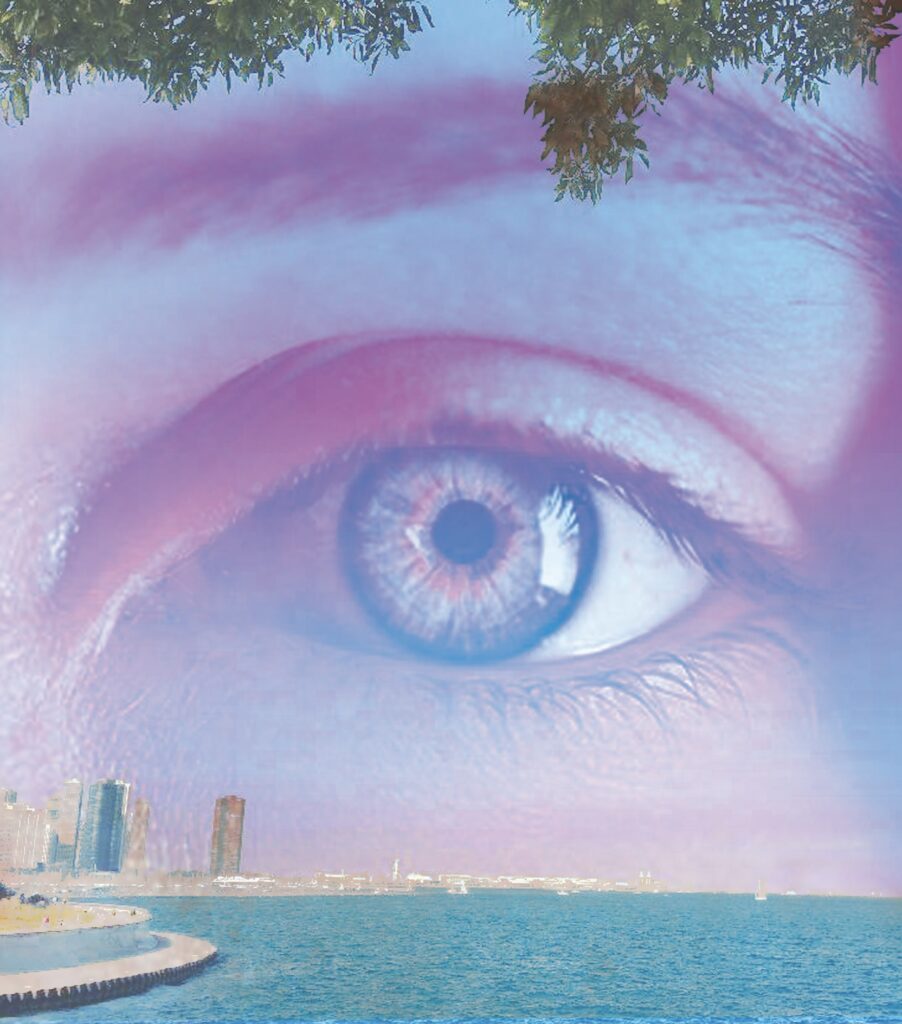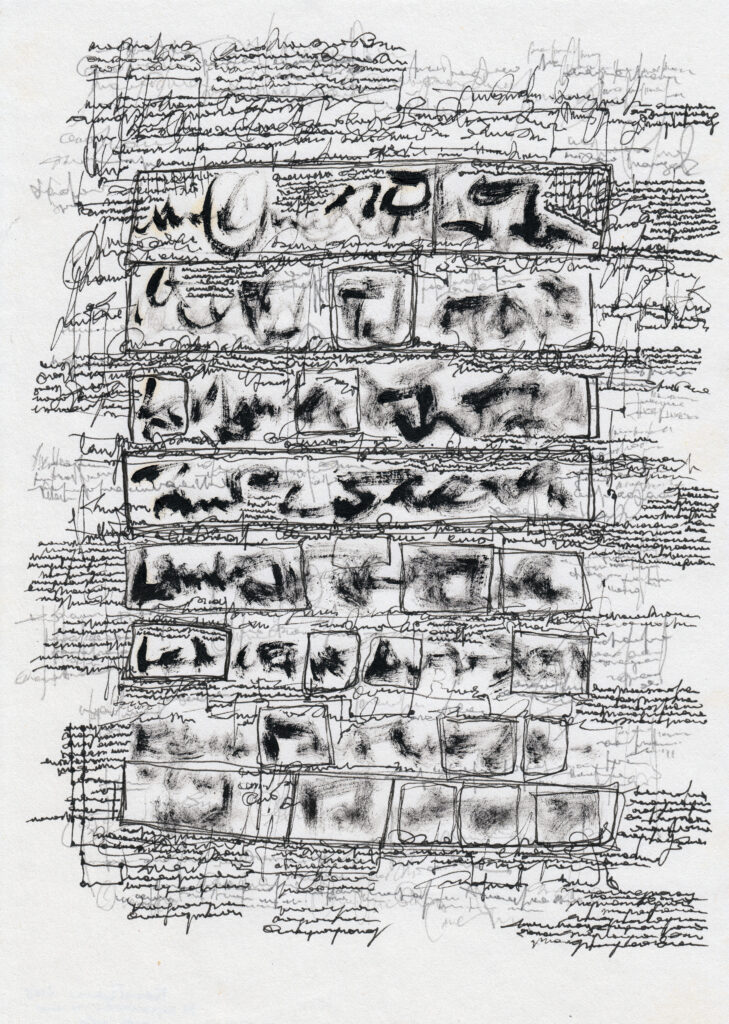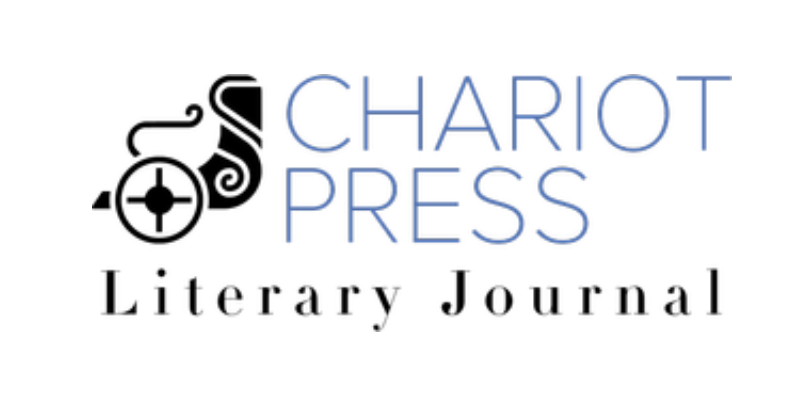China Dolls
J.C. Henderson
I
My memory of mimosa trees
is forever overlapped
with men carrying exotic birds
in gilded cages, covered
with heavy black cloth
to fend off the noisy world.
Almost like that,
my father carried
me, enclosing me
in his overcoat—the foggy
autumn was chilly—a layered
cheese-cloth mask
over my face, just below
the eyes, so I could see
the mimosa trees, dotted
with magenta flowers
shaped like lanterns, thin
petals curled inward, the way
my small fingers clutched
my father’s shoulders.
The legend said, “A daughter
was a pearl the father held
to the moon. ” He hid me
in his pocket. I climbed
and scratched like a cat.
II
Cherries, dark, red, bloody
mouthfuls, about to burst.
I wore
your makeup,
coy
in my 15th
birthday dress my father
bought me.
We became a three-some
of hunger—
the red cherries
on empty stomachs
made us sick, taking our blood
for a ride, undoing
its color. As you, Mommy,
undid the seam
of the birthday dress: “you are
a good girl,
but not pretty.”
I tore
your words apart, played
scramble games
I would never score, until
each word became
a tigress, or
a pawn, or
a pet.
You must have some
such thing, too, Mommy—
is it the scar
on your belly?
III
In my childhood eyes,
my mother was
a beauty, except when she was
a bull, her sudden rage
and strength overpowering
my father’s.
She had been a broken China
doll when my father met her.
He mended her
and built a makeshift
of a wife.
Such mending and building
would become the story
of their lives.
And mine.
In her 80s now, the China doll—
never whole—is spared
from the patchwork, and most of all,
from remembering.
Afternoons, she serves him hot tea
like the good wife.
And me.
J.C. Henderson is a writer as well as an artist. She publishes visual and poetry in literary reviews and poetry magazines. Her work has appeared, or forthcoming, in journals such as Fourteen Hills, Freshwater Review, Ellipsis, Suspended Magazine, Poetry East, Sunspot Literary Journal, The Comstock Review, The Clackamas Review, and SLANT, to name a few. Henderson explores the topic of who we are as humans, mostly through telling personal stories in her poetry.
Art: Time-stressed by Uzomah Ugwu, who is a poet/writer, curator, editor, and multi-disciplined artist. She is a political, social, and cultural activist. Her core focus is on human rights, mental health, animal rights, and the rights of LGBTQIA persons.
